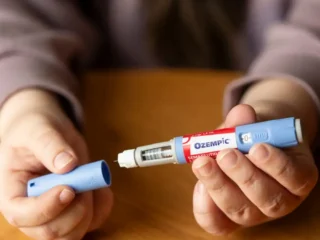New research conducted at the Indiana University School of Optometry showed that new biomarkers found in the eyes could unlock the key to helping manage diabetic retinopathy, and perhaps even diabetes.
This study has been published in the journal of ‘PLOS One.
Diabetes can affect the eyes before the changes are noticeable during its early stages with a regular clinical examination. However, the new retinal research has found that these changes can be calculated earlier than previously thought with specialized optical techniques and computer analysis.
Study co-author Ann E. Elsner, a Distinguished Professor at the IU School of Optometry said, “Early detection of retinal damage from diabetes is possible to obtain with painless methods and might help identify undiagnosed patients early enough to diminish the consequences of uncontrolled diabetes.”
The capability to detect biomarkers for this sight-threatening condition may lead to the early detection of people at risk for diabetes or a visual impairment, as well as improve physicians’ ability to manage these patients.
The changes in the blood vessels in the retina cause Diabetic retinopathy that is the most common diabetic eye disease and a leading reason of blindness in US adults. From 2010 to 2050, the number of Americans with diabetic retinopathy is expected to nearly double, from 7.7 million to 14.6 million.
Elsner conducted the retinal image experiment in her lab at the IU School of Optometry’s Borish Center for Ophthalmic Research, along with her co-author, Joel A. Papay, a PhDthese algorithms provide detection based on features that occur much later than the changes found in this study.
The IU-led method advances earlier detection because of the retinal image processing algorithms described in the study.l
They used data collected from volunteers with diabetes, along with healthy control subjects. Additional data were also collected from a diabetic retinopathy screening of members of the underserved community at the University of California, Berkeley, and Alameda Health.






